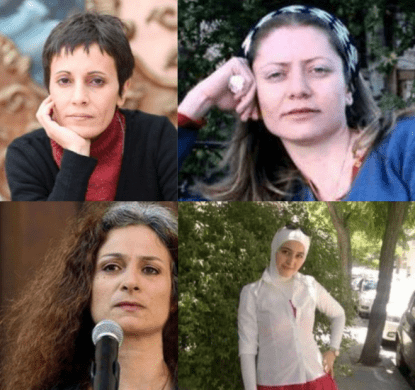Fadwa Suleiman, an actress from the city of Aleppo, was one of the most recognizable faces in Syria for years.
In 2011, when protests erupted in the city of Homs, she became a revolutionary icon. Surrounded by protesters, the image of Fadwa with short hair and a Palestinian keffiyeh presented a powerful contrast to her glamorous appearance of just months before.
Even her voice, whose sweet cadences had seduced a whole generation of Syrians, sounded different as she raised her voice, hoarse with passion, to galvanize the citizens of Homs, asking them to continue the movement of civil disobedience that inspired resistance against what many saw as a growing dictatorship.
The fact that she—like Syrian dictator Bashar Al-Assad—belonged to the Alawite sect challenged the official narrative that aimed to discredit the protests.
Fadwa eventually fled to France after the authorities announced their intention to find and capture her dead or alive.
Læs hele artiklen hos Global Voices














